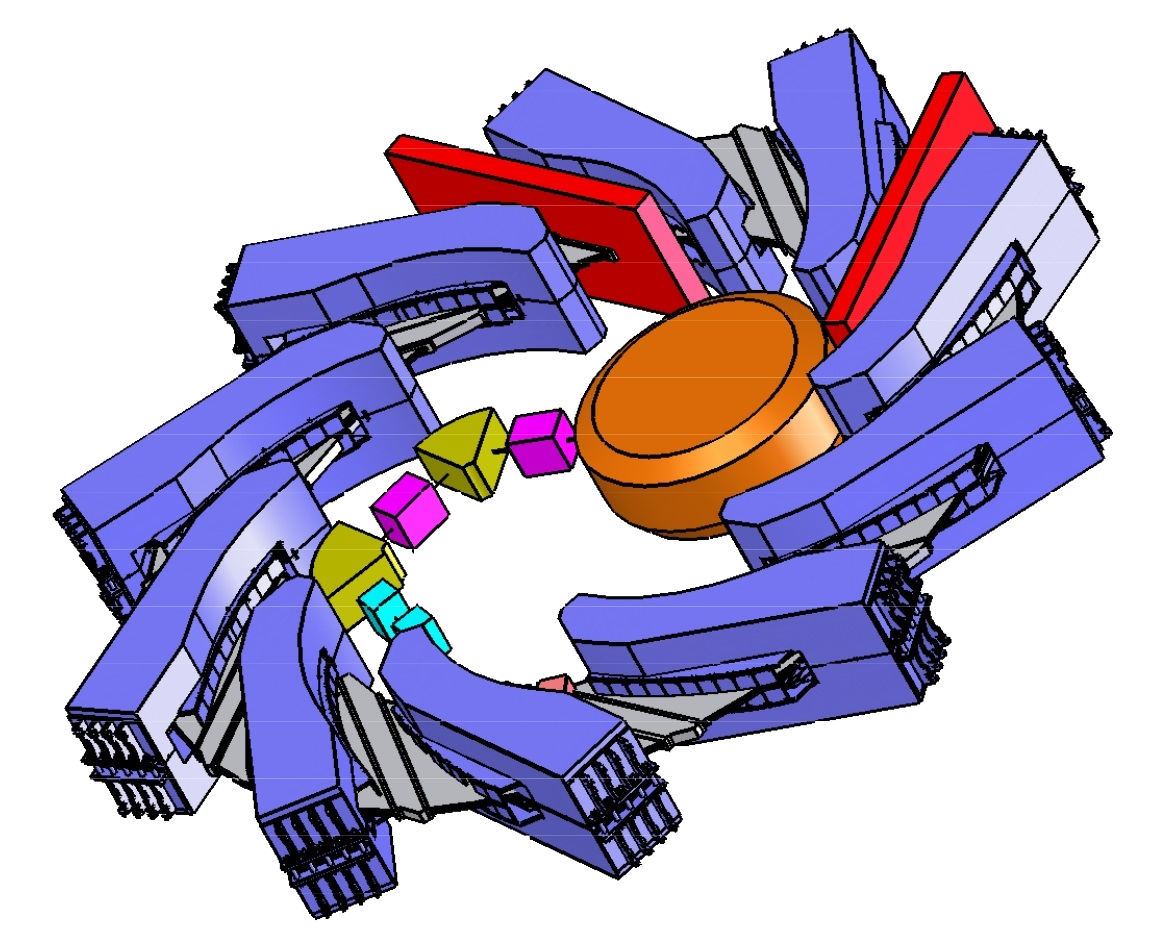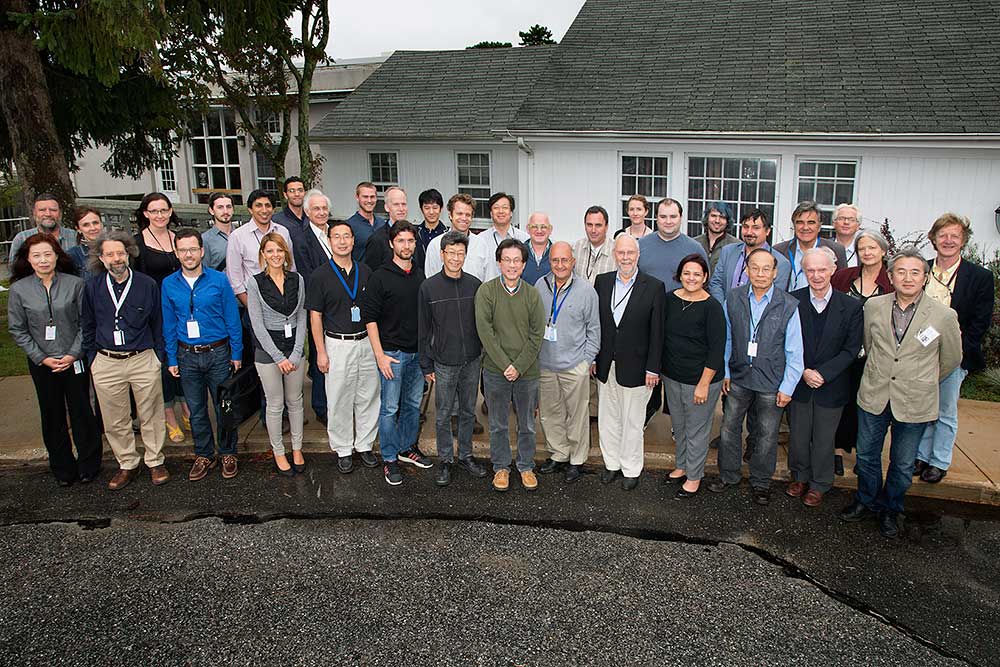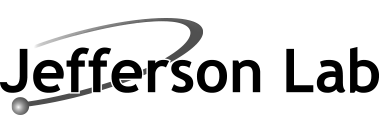2019-2022
- FFA22 (Cosener's House, Abingdon, United Kingdom)
- FFA21 (Kyoto University (KURNS), Japan)
- Workshop talks and Discussions - Select 2021(39) to view

- FFA20 (TRIUMF, Canada)
- FFA19 (Paul Scherrer Institute, Switzerland)
2017

2017 International Workshop on FFAG Accelerators (FFAG'17)
Dates: September 6–11, 2017
Hosted at Cornell University
Motivation
The modern rediscovery of fixed field alternating gradient (FFAG) accelerators, begun in 1999 in Japan with the PoP FFAG at KEK, has continued to this day: an energy recovery linac utilizing FFAG arcs is currently under construction at Cornell University. Important questions concerning FFAG design continue to be studied, such as design for RF synchronization, maintenance of performance in the presence of errors, and creation of insertions that maintain the FFAG's wide energy acceptance.
There is much to be learned from currently operating machines at KURRI and Kyushu University, in addition to experience gained from previous machines at KEK and Daresbury Laboratory. Many groups continue to create FFAG-based designs for various applications, including medical, nuclear energy, and nuclear and particle physics. The FFAG workshop series, which started in 1999 in Japan and of which this workshop is the latest, brings together scientists and engineers who design, build, operate, and utilize these machines.
The 2017 FFAG workshop will be an invaluable opportunity to discuss the latest FFAG design ideas and developments, accelerator hardware and technologies enabling higher performance and more cost effective FFAGs, results and experience gained from operating machines, and ways FFAGs can be used to better achieve scientific and technological goals in numerous fields.
Poster Sessions
Poster boards will be available to display posters of your FFAG project. Please email Anna Petway (petway@bnl.gov) if you are interested in displaying a poster, along with its title. We will then assign you a time for its display in the hallway.
Local Organizing Committee
- Georg Hoffstaetter (Cornell, Chair)
- Karl W. Smolenski (Cornell)
- J. Scott Berg (BNL)
- David C. Sagan (Cornell)
- Mike Roman (Cornell)
- Monica Wesley (Cornell, Admin.)
- Anna Petway (BNL, Co-Admin.)
Scientific Program Committee
- Georg Hoffstaetter (Cornell Chair)
- Dejan Trbojevic (BNL, Deputy Chair)
- Alex Bogacz (JLAB)
- Carol Johnstone (FNAL)
- Shinji Machida (RAL)
- Chris Mayes (Cornell)
- Yoshiharu Mori (Kyoto U.)
- Jaroslaw Pasternak (Imperial College)
- Thomas Planche (TRIUMF)
International Organizing Committee
- Georg Hoffstaetter (Cornell, FFAG’17 Chair)
- Dejan Trbojevic (BNL)
- Chris Prior (RAL)
- Thomas Planche (TRIUMF)
- Jaroslaw Pasternak (Imperial College)
- Yoshiharu Mori (Kyoto U.)
- Francois Meot (BNL)
- Shinji Machida (RAL)
- Akira Sato (Osaka U.)
- Nobuo Ikeda (Kyushu U.)
- Carol Johnstone (FNAL)
- J. Scott Berg (BNL)

Evening Events
Registered participants are invited to attend the meet and greet, workshop dinner and the workshop tours.
Meet & Greet
Hilton Garden Inn
Garden Grille Room
Thursday, September 7, 2017
5:00 p.m.-7:00 p.m.
Workshop Dinner
Robert H. Treman State Park
Saturday, September 9, 2017
Workshop Tours
Participants will tour the following: ERL and CBETA on Friday, September 8, 2017. Tour Description
Workshop Location
Cornell University Campus
Ithaca, NY 14850 USA
Cornell Maps
Participants will meet at the Physical Science Building in the main lecture hall located on 245 East Avenue. Directions
Event ID: 0000000787
Workshop website hosted and maintained by Brookhaven National Laboratory (BNL).
2016-2015
2014

2014 International Workshop on FFAG Accelerators (FFAG'14)
Dates: September 22–26, 2014
Hosted at Brookhaven National Laboratory
Motivation
The past 15 years have seen a revival of interest in fixed field alternating gradient accelerators (FFAGs), which were first conceived of in the early 1950s. This revival began with proposals for their use for producing high intensity proton beams and muon colliders, and was followed by the construction and operation of a number of test accelerators. They have a great advantage in being able to rapidly accelerate charged particles because the magnet fields remain fixed while still having an extremely large energy acceptance. Their relatively compact size and ability to be used even at moderate to highly relativistic energies gives them potential advantages over their close relative, the cyclotron. FFAGs have been proposed and designed for numerous applications: nuclear and particle physics, medical treatments, energy production, and many others.
The FFAG workshop series, of which this is one of many, are an opportunity to bring together accelerator designers, potential users, and accelerator component experts to: understand requirements of applications and communicate FFAG capabilities to potential users; improve our machine designs; and to work with experts in accelerator systems to insure that designs respect component capabilities and to promote the development of accelerator components needed for FFAGs. We expect to hear numerous interesting results and ideas: results from machines at Kuyshu University, KURRI, and Daresbury Laboratory; FFAG designs for eRHIC, a muon collider, and nuSTORM; designs for medical accelerators and gantries; discussions of methods for incorporating straight sections into FFAGs; and many more than we cannot even guess at.
Sessions
- FFAGs in applications: medical treatment, accelerator driven subcritical reactors, ...
- FFAGs for basic research: nuclear and particle physics, neutron sources, ...
- Demonstration machines: status, results, and new proposals
- Beam dynamics and software
- Accelerator components: magnets, RF cavities, diagnostics, ...
Zgoubi and OPAL Users' Mini-workshop
A zgoubi and OPAL users' mini-workshop will be held at BNL from September 26th afternoon to Saturday 27th early afternoon, following FFAG'14 workshop. This mini-workshop aims to stimulate and enhance the interest and skills of students and scientists wishing to invest in FFAG simulations, with active participation of the users. A tutorial will include introduction to the codes and hands on session on your own computer (Mac or Linux).
Local Organizing Committee
- Francois Meot (BNL)
- Dejan Trbojevic (BNL)
- Scott Berg (BNL)
- Nicholas Tsoupas (BNL)
- Nikolaos Simos (BNL)
- Anna Petway (BNL, Workshop Coordinator)
- Nick Franco (BNL, Workshop IT Coordinator)
Scientific Program Committee
- Georg Hoffstaetter (Cornell Chair)
- Dejan Trbojevic (BNL, Deputy Chair)
- Alex Bogacz (JLAB)
- Carol Johnstone (FNAL)
- Shinji Machida (RAL)
- Chris Mayes (Cornell)
- Yoshiharu Mori (Kyoto U.)
- Jaroslaw Pasternak (Imperial College)
- Thomas Planche (TRIUMF)

Workshop Group Photo

Workshop Location
Brookhaven National Laboratory
Upton, NY 11973 USA
Maps & Directions
Participants will meet at the Brookhaven Center (Bldg. 30), South Room hall located on Upton Road. Directions
Event ID: FFAG14-092014
Workshop website hosted and maintained by Brookhaven National Laboratory (BNL).





